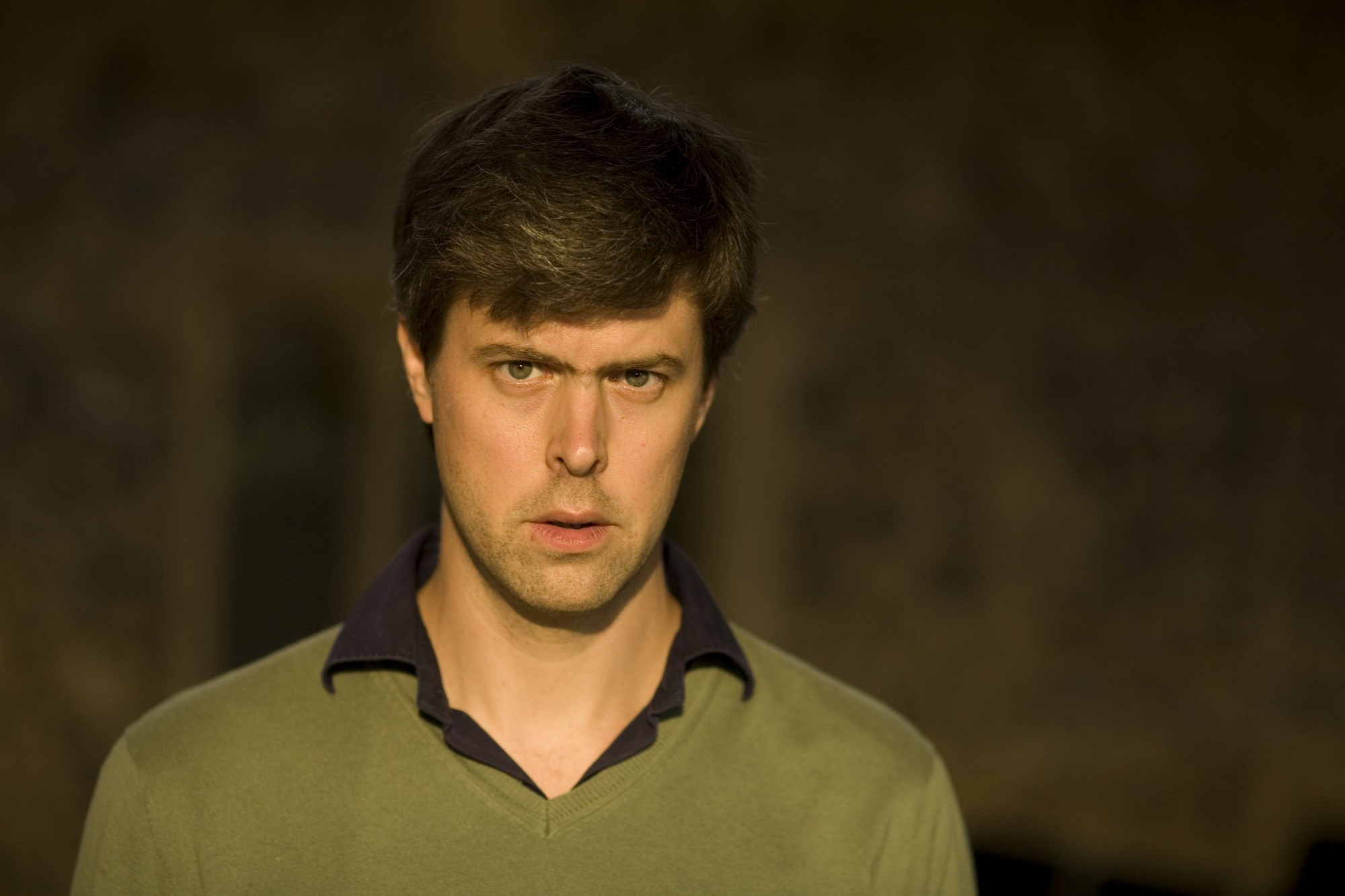David Szalay
Writer and Dramatic Rights
Photograph: Martin Figura
Film, TV & Theatre
Film, TV & Theatre
David Szalay was born in Montreal in 1974, moved to the UK the following year. He went to Oxford University and has written a number of radio dramas for the BBC. He won the Betty Trask Prize for his first novel, London and the South East (2008, Jonathan Cape), along with the Geoffrey Faber Memorial Prize. His second and third novels, The Innocent (2009) and Spring (2011) were also published by Jonathan Cape. He was named one of The Telegraph's 'Top 20 British Writers under 40', a Granta Best Young British Novelist in 2013, and in early 2016 he won the Plimpton Prize for Fiction, awarded by the Paris Review for an outstanding contribution to the magazine. His most recent novel, All That Man Is, was published by Jonathan Cape in April 2016. It was shortlisted for the 2016 Man Booker Prize and won the 2016 Gordon Burn Prize. The novel was selected as a Book of the Year by the Guardian, Telegraph, New Statesman, TLS, Financial Times, The New York Times, The Paris Review, Harper's Bazaar, NPR and BBC Culture, among others. In late 2016, David was awarded a Travel Scholarship from the Society of Authors. This was followed by a book of stories, Turbulence, published by Jonathan Cape in December 2018.
His latest novel, Flesh, is published by Jonathan Cape in the UK, Scribner in the US, and McClelland & Stewart in Canada. It won the 2025 Booker Prize for Fiction.

